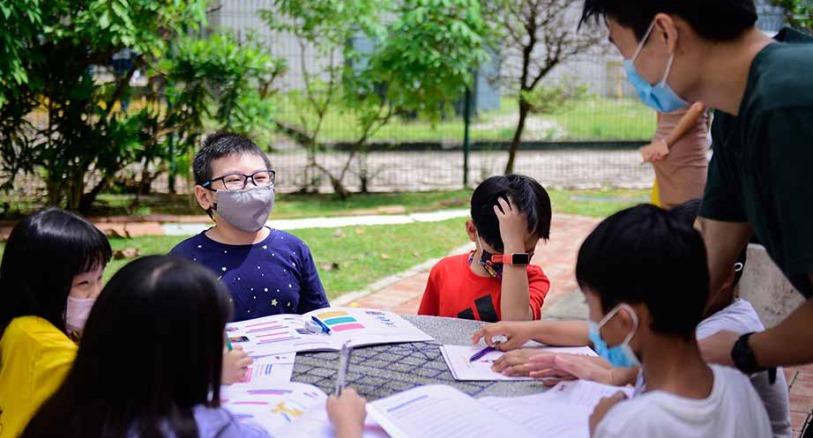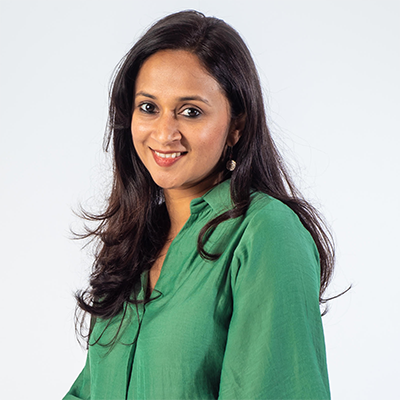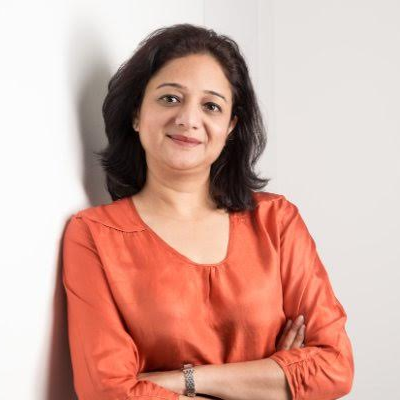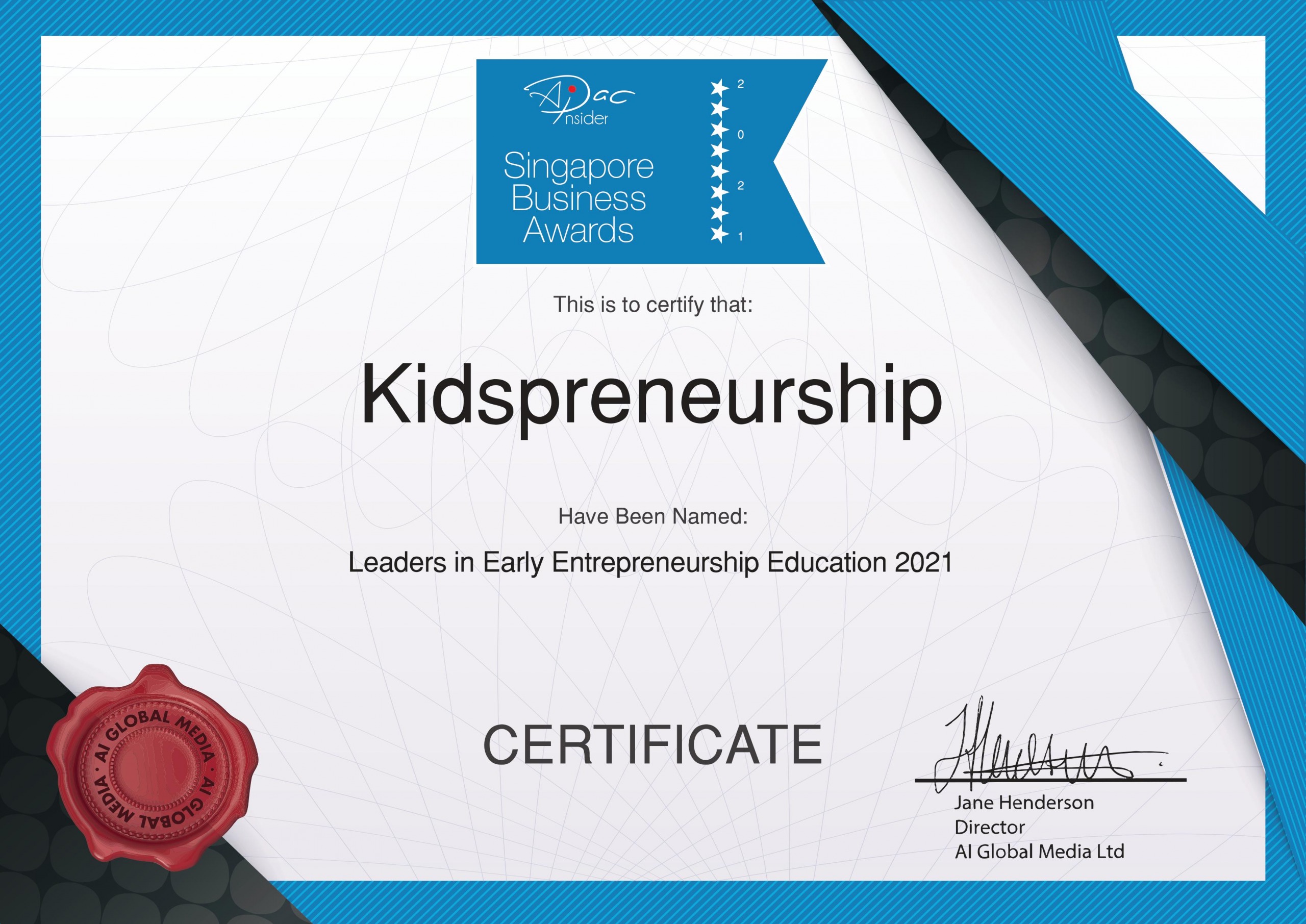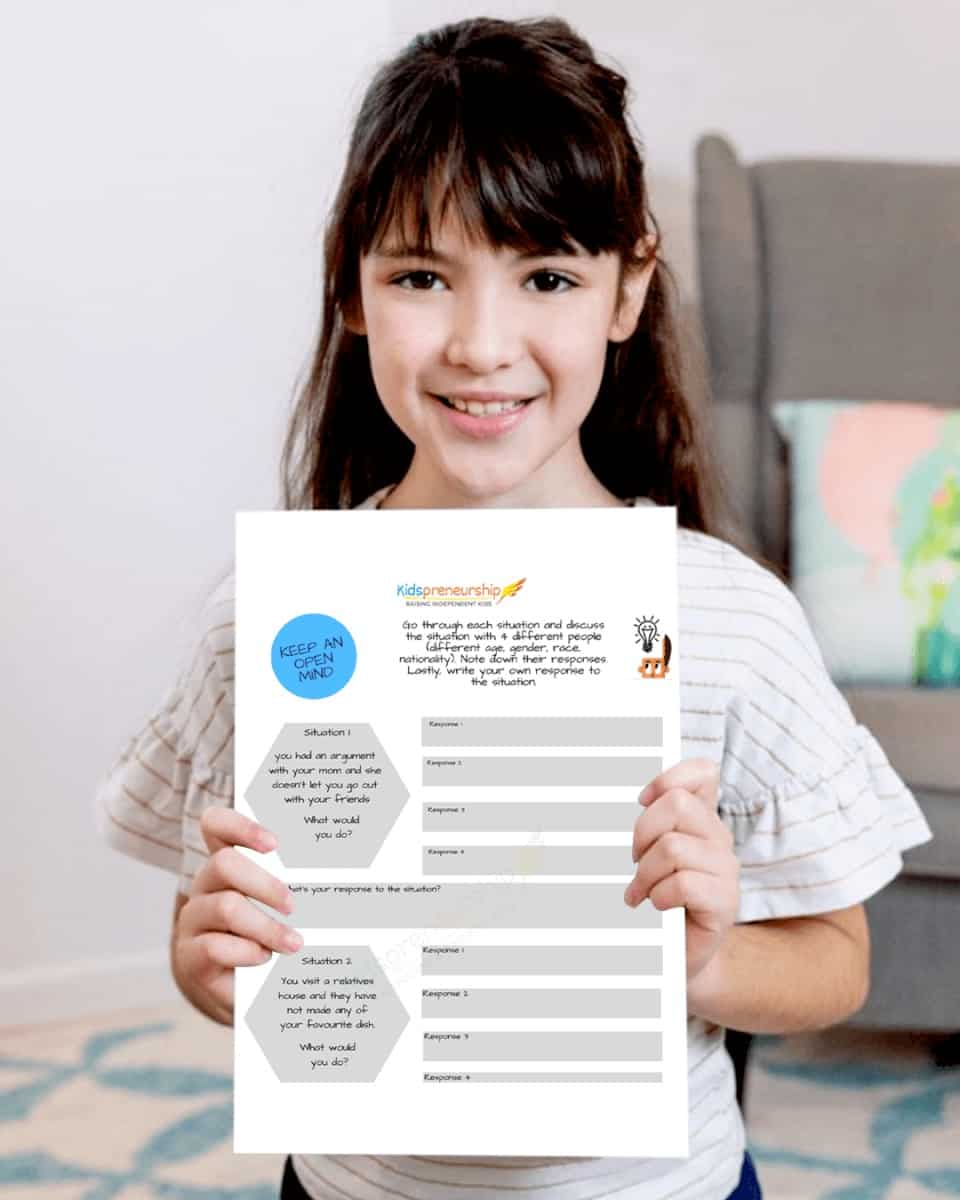General assessment strategies for kids may vary depending on the age, developmental stage, and educational goals of the child.
- Personalized Learning Plans: With the advancement of technology, personalized learning plans that tailor educational content to each child’s unique strengths, weaknesses, and learning style can be developed. Assessments can be conducted to gather data on each child’s learning preferences and track their progress over time.
- Digital Assessments: With the increased availability of digital devices and platforms, digital assessments can be used to measure a child’s knowledge and skills in a variety of subjects. Digital assessments can also provide immediate feedback to the child and the teacher, allowing for timely interventions and support.
- Project-Based Assessments: Project-based assessments can provide an opportunity for children to apply their knowledge and skills to real-world situations. Teachers can design projects that allow children to demonstrate their understanding of a concept and their ability to think critically and creatively.
- Formative Assessments: Formative assessments are ongoing assessments that provide feedback to the child and the teacher throughout the learning process. This type of assessment can help teachers identify areas where a child may need additional support or clarification.
- Performance-Based Assessments: Performance-based assessments can be used to assess a child’s ability to apply their knowledge and skills to perform a task. For example, a child may be asked to give a presentation, write an essay, or solve a problem.
- Social-Emotional Assessments: Social-emotional assessments can provide insight into a child’s social and emotional development. These assessments can be used to identify areas where a child may need additional support or resources to develop their social and emotional skills.
- Standardized Assessments: Standardized assessments can be used to measure a child’s knowledge and skills in a specific subject area. These assessments are often used to evaluate a child’s academic progress and compare their performance to that of their peers.
It is important to note that no single assessment strategy is perfect for every child. Teachers and parents should work together to identify the most appropriate assessment strategies for each child based on their individual needs and learning goals.



